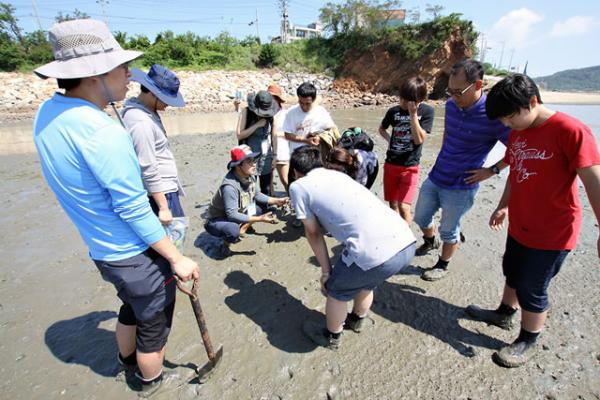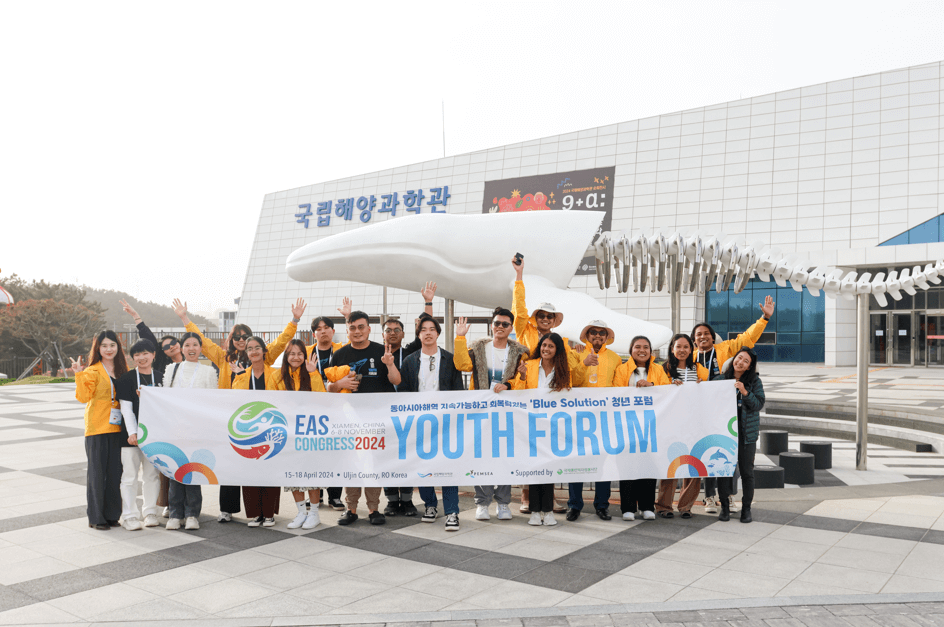KMI and PEMSEA Strengthen Ecosystem Valuation and Spatial Management
Thursday, 20 November 2014

Seoul, RO Korea — The Korea Maritime Institute (KMI) and PEMSEA have successfully organized the International Training Program and the 2nd Workshop on Marine Ecosystem Valuation and Spatial Management Tools in Seoul, RO Korea on September 1-6 at the Seoul National University.
Participated in by over 30 practitioners, managers and students from the various countries including ROK, Cambodia, Indonesia and the Philippines, the International Training Program tackled tools to assist coastal managers and implementers on conservation of coastal and marine resources. These tools include Marxan and Marxan with Zones, InVEST, and EMERGY. The training aimed to strengthen the understanding of implementers, students and professionals on the various decision-support tools for marine valuation and marine spatial planning. As part of the training, hands-on exercises were conducted by the trainers to familiarize the participants on the tools and how these can be used in marine spatial planning. Case studies were also shared to demonstrate the usefulness of the tools on the conservation and protection of coastal and marine resources in specific sites around the world.
The training program was followed by the 2nd Workshop on Marine Ecosystem Valuation and Spatial Management Tools. This workshop builds on last year’s 1st International Workshop on Spatial Management Tools toward Creative and Viable Coastal Societies. Experiences on Integrated Coastal Management and marine spatial planning from PEMSEA sites in Cambodia, China, Indonesia, Japan and the Philippines were shared at the workshop.
To assist implementers and local governments, the workshop also discussed the establishment of a network of implementers to facilitate information sharing and as a discussion forum on the effective use of tools.
A field visit to the Seonjae Tidal flats and Shihwa Tidal power plant was done as part of the training to show RO Korea’s painstaking efforts in transforming environmental challenges into productive assets.



